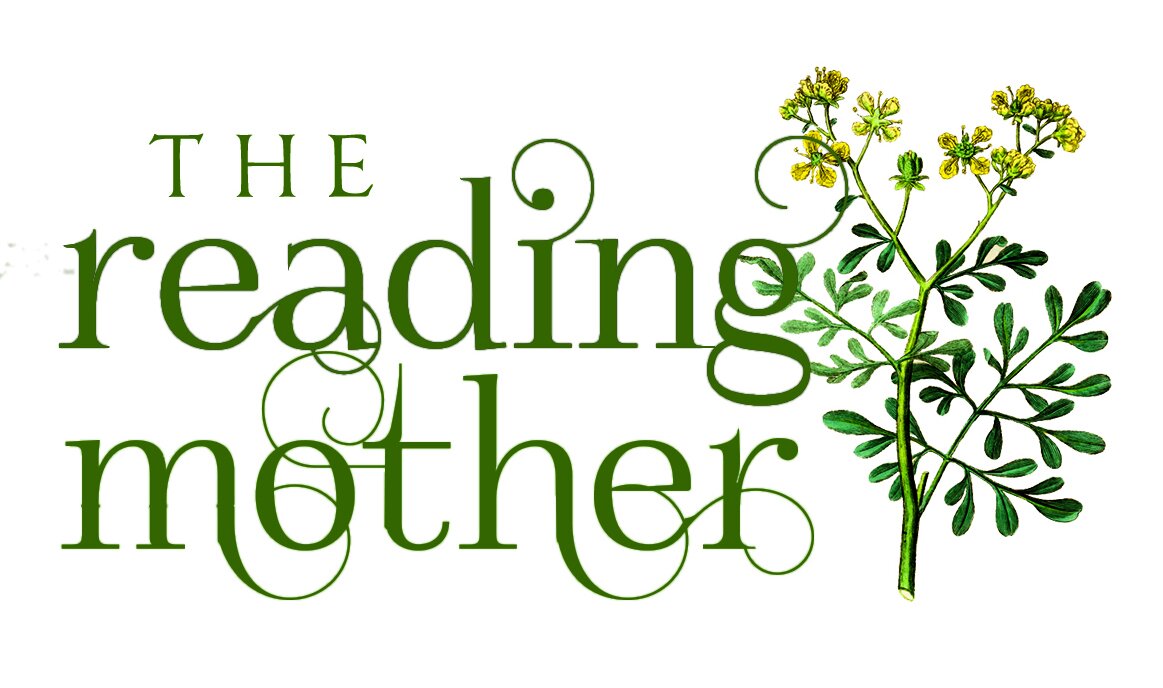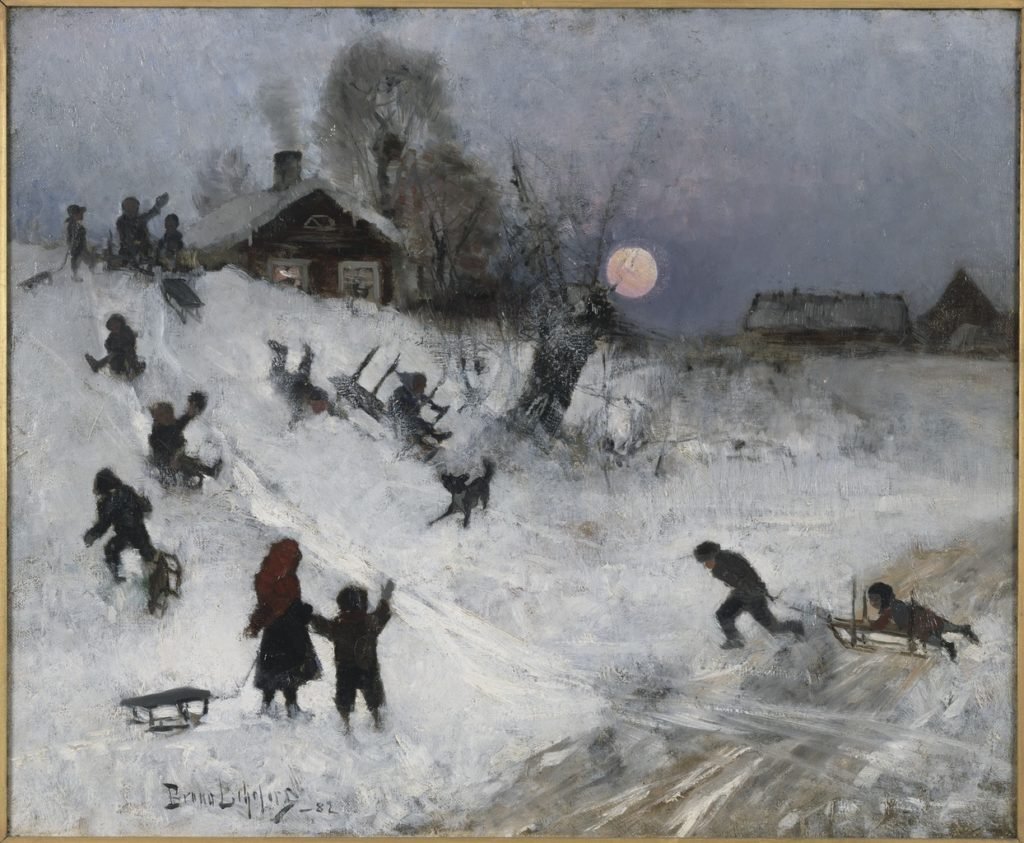Midwinter Musings from Bede and Rossetti
Winter solstice is a delightful day! I love the reminder that the darkness is a passing thing. The true Light is come, calling His own to
. . . shew forth the praises of him who hath called you out of darkness into his marvellous light. — 1 Peter 2:9
A little solstice Anglo-Saxon language trivia from our dear friend Bede:
The first month, which the Latins call January, is Giuli . . . [and] December, Giuli, the same name by which January is called. They began the year on the 8th kalends of January [25 December under the Julian calendar], when we celebrate the birth of the Lord. . . The months of Giuli derive their name from the day when the Sun turns back [and begins] to increase, because one of [these months] precedes [this day] and the other follows. — Bede, The Reckoning of Time
Guili comes into our English tongue as Yule. Both December and January were known by the same name with the winter solstice Guili smack dab in the middle.
Also, it turns out that Bede would not have held with calling today the first day of winter. I think I like his scheme much better—and it totally vindicates our choice of break names at Providence Prep. We call our mid-February week off Spring Is Coming Break. And summer starting in May? Yes, please!
Bishop Isidore the Spaniard said that winter begins on the 9th kalends of December [23 November], spring on the 8th kalends of March [22 February], summer on the 9th kalends of June [23 May], and autumn on the 10th kalends of September [23 August]. But the Greeks and Romans, whose authority on these matters, rather than that of the Spaniards, it is generally preferable to follow, deem that winter begins on the 7th ides of November [6 November], spring on the 7th ides of February [6 February], summer on the 7th ides of May [8 May], and autumn on the 7th ides of August [7 August].
The solstice, then, was truly midwinter. And that brings to mind this lovely Christina Rossetti poem/hymn.
In the bleak mid-winter
Frosty wind made moan,
Earth stood hard as iron,
Water like a stone;
Snow had fallen, snow on snow,
Snow on snow,
In the bleak mid-winter
Long ago.
Our God, Heaven cannot hold Him
Nor earth sustain;
Heaven and earth shall flee away
When He comes to reign:
In the bleak midwinter
A stable-place sufficed
The Lord God Almighty
Jesus Christ.
Enough for Him, whom cherubim
Worship night and day,
A breastful of milk
And a mangerful of hay;
Enough for Him, whom angels
Fall down before,
The ox and ass and camel
Which adore.
Angels and archangels
May have gathered there,
Cherubim and seraphim
Thronged the air;
But only His mother
In her maiden bliss
Worshipped the Beloved
With a kiss.
What can I give Him,
Poor as I am?
If I were a shepherd
I would bring a lamb,
If I were a Wise Man
I would do my part,
—Yet what I can I give Him,
Give my heart.
Here is James Taylor’s rendition of this lovely hymn. You can find beautiful choral performances online as well.

